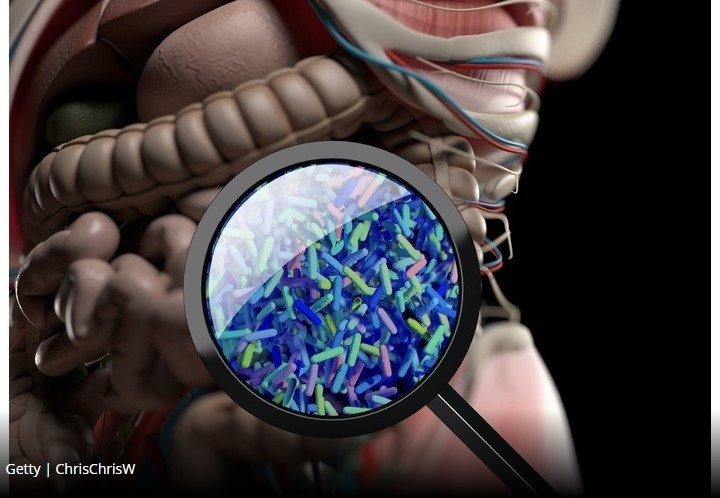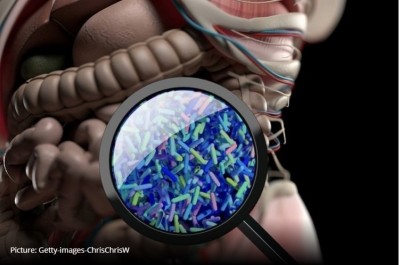Prebiotic fructans and low-GI carbs can promote gut health, says Beneo

Fewer glucose fluctuations were observed in the 24 hours following ISO consumption compared to sucrose test days, in a recent retrospective study of 117 healthy volunteers.
Moreover, ITF supplementation contributed to glucose stabilisation and had a positive effect on gut microbiota composition.
Researchers therefore postulate that daily supplementation with both ingredients offers an effective strategy to manage glucose, modulate gut microbiota, and maintain metabolic health.
“We demonstrated that the integration of functional food ingredients could exert beneficial health effects and thereby improve diet’s quality, as a major determinant for health,” they write.
Low-GI
Individual diets are a fundamental determinant of blood glucose regulation and frequent consumption of high-GI food is associated with an increased risk of cardiometabolic disease, when compared to a diet rich in low-GI food.
Consequently, reducing consumption of high-GI food in diets is essential to improve the postpandrial glucose response. Switching to a low-GI regime would help reduce glycaemia and excessive insulin production and lower glycaemic variability.
Irrespective of the benefits of a low-GI diet in general, the glycaemic response to identical foods is subject to considerable interindividual variability. Therefore, taking a personalised dietary approach is recommended to obtain the greatest possible improvements in glycaemia. The addition of a prebiotic would offer further health benefits.
As such, the researchers examined whether consumption of two functional ingredients with established health benefits is an effective strategy to manage blood glucose and modify gut microbiota in a ‘real-life setting’.
Study protocol
Initial data was obtained from a population analysis conducted by German company, Perfood, that offered a digital nutrition program for personalised nutrition recommendations to control body weight.
Perfood included the commercially available functional ingredients, Palatinose and Orafti Synergy, supplied by BENEO, in their digital nutrition program.
Participants took part in a 14-day test phase. Glucose levels were monitored during the test phase and volunteers were allowed to freely choose their meals. They consumed test drinks containing either ISO or sucrose on selective days along with their habitual breakfast and lunch and comparable meals on all test days.
From day four, participants were asked to supplement their daily diet with 10g prebiotic of oligofructose-enriched inulin (ITF), which was consumed with their habitual dinner.
Stool samples were collected at the beginning and end of the test phase and analysed using a gut microbiome RNA sequencing technique to measure the compositional changes of the gut microbiota.
Findings
Meals with isomaltulose-sweetened drinks induced lower postprandial glycemia compared to diets with sucrose-sweetened drinks.
The researchers explain that ISO exerts an acute glucose-lowering effect when replacing high-GI carbohydrates as a consequence of the slower hydrolysis and absorption in the small intestine.
Meanwhile, continuous supplementation with prebiotic ITF selectively modified gut microbiome composition, characterised by a significant increase in the relative abundance of Bifidobacteria. These observations are in line with previous evidence from clinical trials, they claim.
Results also demonstrate a decrease in glycaemic variability over time due to the longer-term benefits of ITF on glycaemia.
Individual responses
Differences in the individual responses were evaluated to identify participants who particularly benefited from the ingredients and to determine whether this was related to underlying gut microbiota composition.
Data indicates interindividual differences in glycaemic response to ingredients and suggest that gut microbiota might be somehow related to it.
Finally, the authors declare the retrospective study is the first to explore the physiological effects of ISO and ITF on glycaemic response and gut microbiome composition on volunteers in their natural environment and suggest further research in prospective trials is essential to confirm their observations.
Source: Frontiers in Nutrition
Published online: doi.10.3389/fnut.2022.829933
‘Palatinose (Isomaltulose) and Prebiotic Inulin-Type Fructans Have Beneficial Effects on Glycaemic Response and Gut Microbiota Composition in Healthy Volunteers—A Real-Life, Retrospective Study of a Cohort That Participated in a Digital Nutrition Program’
Anna Kordowski, Axel Künstner, Lisa Schweitzer, Stephan Theis, Torsten Schröder, Hauke Busch, Christian Sina and Martin Smollich














